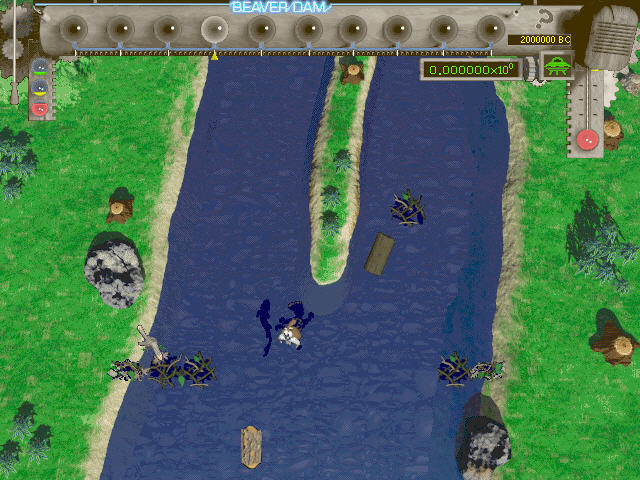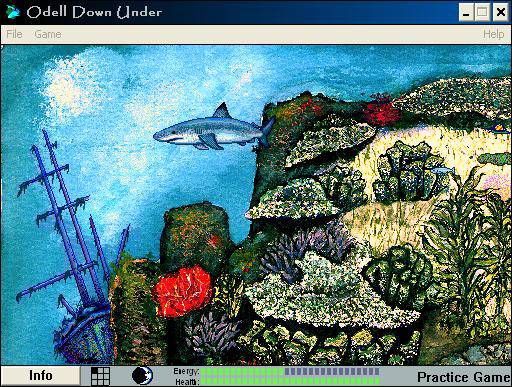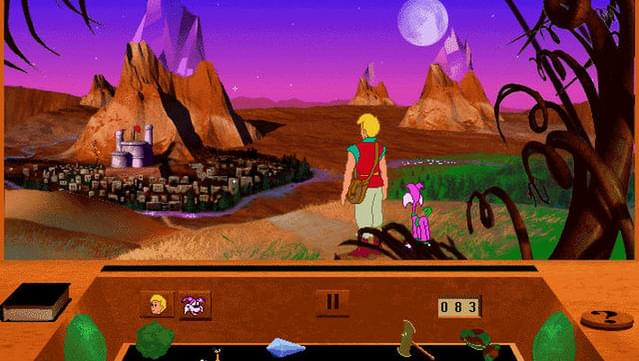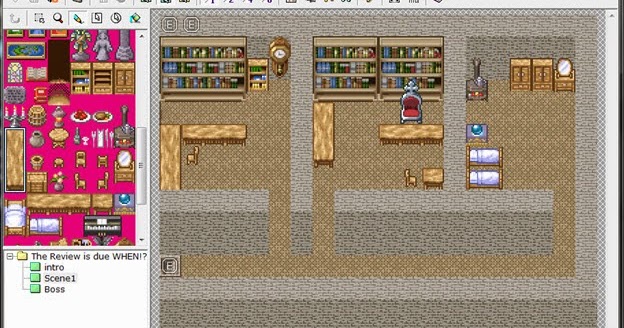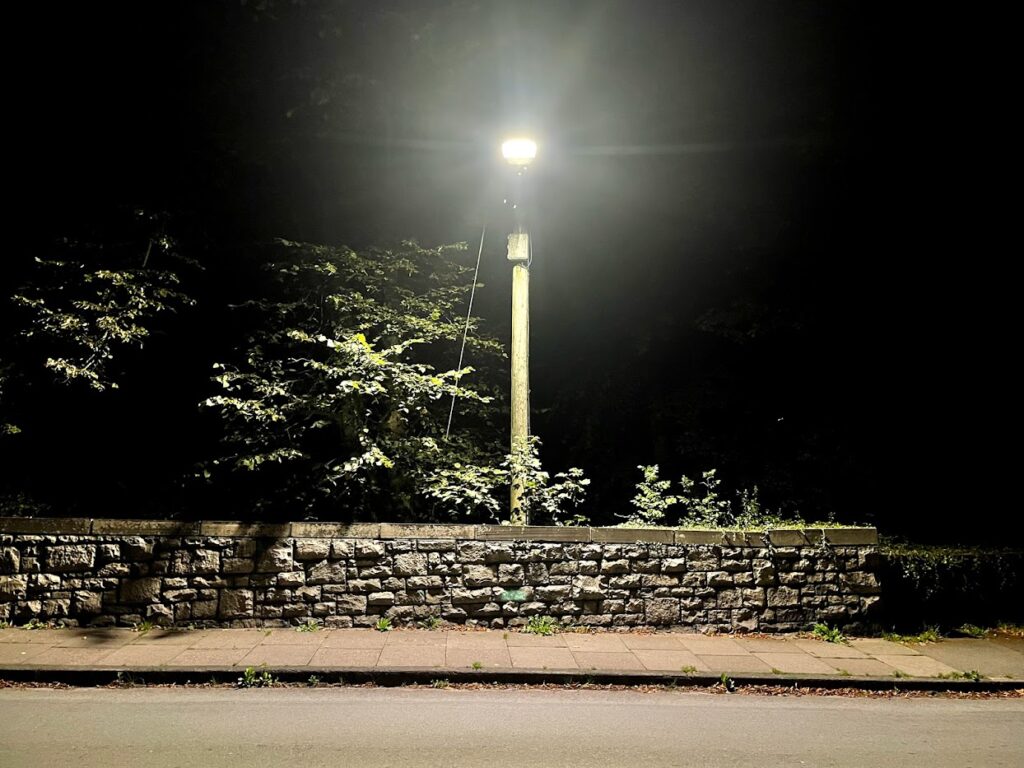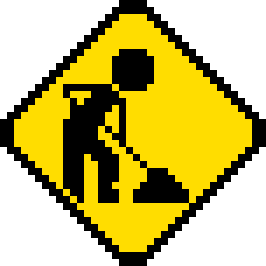This year has been a big one for me. I’ve grown personally and professionally in ways I never expected, and while I still feel like there’s a long journey ahead, I’m grateful for every moment that has brought me here.
Moving In
By far the biggest development this year has been buying a house with my partner. It’s something we’d both dreamed of, but making it a reality felt like a huge (and, if I’m honest, occasionally daunting) step. Thankfully, we found an incredible mortgage advisor, Laura Bricknell at MortgageSolutionsHub, who simplified the process at every stage. She came highly recommended by a close friend, and now I can see why!

We ended up moving into a three-bedroom semi-detached house in a lovely town in the heart of Staffordshire. It’s quite a distance from Birmingham—where we both grew up—but we quickly fell in love with our new home’s surroundings. The town has everything we need: friendly neighbors, good shops, and plenty of scenic spots to explore.
Watching my partner turn this house into a home has been magical. I’d heard people talk about how you can transform a space by adding personal touches, but I never truly understood it until now. From the cozy décor in the living room to the art on the walls, she’s poured her creativity into every corner, and I feel so lucky to share this new chapter with her.
Of course, we couldn’t have achieved this milestone without the support of our friends and family. Their ongoing encouragement has been nothing short of incredible. From offering financial help, advice and lending a helping hand during the move, to simply being there to celebrate each small victory, they’ve played an irreplaceable role in making this year so special. To you all, I thank you, from the bottom of my heart.
Freya
Just when we thought life couldn’t get more exciting, we welcomed Freya, our new cat. She came to us from the Cheadle and District Animal Welfare Society, where she was originally named “Wendy.” Her backstory is quite something: she was found living in someone’s garden for several weeks and sleeping in a plant pot. Once she was taken in by the rescue, they discovered she was pregnant! In due course, she gave birth to six beautiful kittens on August 1st.

Since joining our family, Freya has settled in remarkably well. She’s already head-over-heels for our Labrador, Charlie, and it warms my heart to see them become best friends so quickly. Freya is a fearless little explorer—she’s inspected every nook and cranny of the house in record time! She adores cuddles, happily rolls over for belly rubs, and can’t get enough of being the centre of attention. I can’t imagine our home without her now.
Work
After starting at CASS in 2021, right in the midst of COVID, I’ve worked my way up through the ranks. Along the way, I’ve been fortunate to meet some wonderful people who truly helped me see my full potential. CASS has been a springboard for my growth in more ways than one. It’s shown me that when I come up with what I often consider “hare-brained” ideas, they’re not only taken seriously—they actually work!

Now, stepping up as the HSEQ Support Manager has allowed me to develop my own capabilities and nurture a different perspective on leadership. It’s more than just personal growth; it’s about learning to see the best in others and helping them to flourish as well. I’m excited for the next phase of my career and can’t wait to see how it continues to evolve in the coming year.
Anyone who knows me understands how nerdy I can be, and part of that “nerdery” includes taking inspiration from Brandon Sanderson’s Stormlight Archive—particularly the second ideal of the Bondsmiths:
“I will unite instead of divide – I will bring men together.”
Second ideal of the bondsmiths, as spoken by dalinar kholin
There’s something powerful about these words. They remind me that leadership isn’t about asserting authority or working in isolation; it’s about bringing people together, harnessing ideas, and creating an environment where everyone can use their own unique talent and experience to improve the lives of themselves, and the people around them.
SCUBA
This year, I also took on something I never imagined myself doing: SCUBA diving. What started as an interest in wild swimming naturally evolved into a deeper (literally!) exploration of the underwater world. There’s something incredibly humbling about getting to know the water—and the flora and fauna within it—in such an intimate and immersive way.

SCUBA diving has opened a whole new perspective for me. Being underwater feels like stepping into another world, one where the rush of daily life fades away, replaced by the quiet beauty of nature. It’s a chance to slow down, observe, and connect with the environment in a way that wild swimming first sparked in me, but diving has taken to another level.

So far, I’ve only done two dives, but they were unforgettable. Both were in the warm, blue waters of Siam Bay, part of the island of Ko Racha Yai, just outside of Phuket, Thailand. The vibrant marine life and the tranquil beauty of the ocean there were breathtaking, and it felt like stepping into another world.
While I’m still a novice, this is something I’m keen to continue. Each dive has been an adventure, and I’m excited to explore more dive spots and deepen my appreciation for the incredible ecosystems beneath the surface.
To the Future
This year, I’ve come to an important realization: I am not falling behind, as I once thought. For a long time, I felt like I was constantly playing catch-up, but now I see things differently. That shift isn’t solely because of the Sertraline in my system—though it has undeniably helped—but because I’m finally beginning to understand how things work.
That doesn’t mean I’ve mastered it—far from it. The truth is, nobody can ever fully know how everything works, and that’s okay. What I’ve learned is that growth isn’t about having all the answers or getting everything right the first time. It’s about being willing to step back, reflect, and embrace the learning process, no matter how messy or imperfect it might feel. I’m still not very good at it, and I’m still very much feeling like an imposter, but I’ve learned to accept that for what it is.

This understanding has brought me a sense of peace and confidence that I didn’t expect. I’m learning to trust myself more, to give myself grace, and to appreciate the journey for what it is—a journey. No journey is straight and direct; it’s full of twists, turns, and unexpected pitfalls. But the longer one walks, the easier it gets. With each step, I’m finding a rhythm, a direction, and most importantly, a trust in myself that I’ve never felt before.
To everyone who has walked with me on this journey, through the sun and the storms, thank you. Your presence—whether through kind words, shared laughter, or simply being there—has made all the difference in the world. I hope you know how much you mean to me. Here’s to continuing the walk together, into brighter days ahead.


